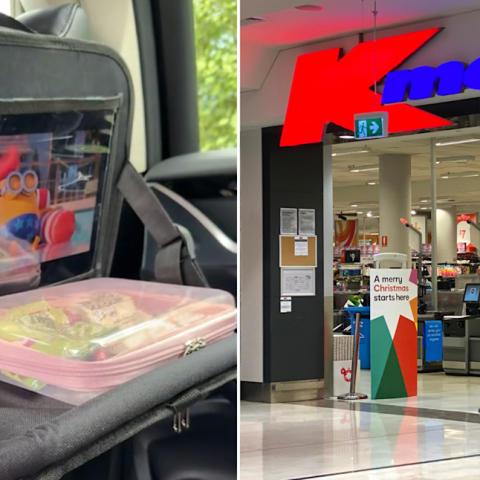Educators from Theresa Nuzzo School in Marsa and Ħamrun recently traveled to Keramoti, Greece, for a training program as part of the Erasmus-funded project “Saving Our Planet.” This initiative brings together partners from Spain, Turkey, Greece, and Malta to learn about environmental sustainability.
On the first day, the group visited the Nea Karya Cultural Centre. They learned about local ecological projects and met the mayor of Nestos. A workshop on sustainability at a local vocational school rounded out the day.
The second day focused on exploring Keramoti. Participants took guided tours, discovering the town’s history and beauty. Key stops included the coastal streets, the Old Town, Kavala’s castle, and a tobacco museum. They also explored the Panagia peninsula and Lake Vistonida, gaining insight into the region’s ecosystem and the importance of conservation.
Day three featured a trip to the Centre of Environmental Education at Philippi, along with a visit to its ancient theatre. Participants reflected on past efforts to combat climate change and considered current initiatives. At the Natural Environment and Climate Change Agency (NECCA), they learned about local wildlife, created natural ointments, and toured St. Lydia’s baptistery. The day wrapped up with a visit to a fish farm, which highlighted fish reproduction and the impact of climate change on aquatic ecosystems.
On the final day, educators shared their own environmental education projects and participated in training sessions on sustainable practices. A scavenger hunt allowed them to explore the area interactively, helping them develop similar activities for their students. In an engaging workshop, they made flowerpots from recyclable containers to promote hands-on learning about recycling.
The program concluded with a visit to the Fisheries Research Institute, showcasing projects focused on aquatic environments. Participants evaluated the program and discussed future collaborations before enjoying a farewell lunch with live Greek music.
This dynamic training program combined formal presentations with practical experiences, fostering collaboration among educators on environmental issues. Participants returned home invigorated, eager to inspire their communities toward a more sustainable future.
New Insights
According to a recent report from the European Environment Agency, approximately 70% of Europeans live in urban areas, making initiatives like this especially relevant. Urban environments are crucial for sustainability efforts. Potential long-term impacts of climate initiatives include improved quality of life and increased biodiversity in these areas.
Experts suggest that hands-on training and community involvement, like this program, are essential for fostering a culture of sustainability. Engaging educators equips them with the tools to raise awareness and drive action in schools and communities.
In the digital age, social media trends show rising youth engagement in environmental issues, reflecting a shift in priorities. Movements like #FridaysForFuture have mobilized millions, signaling that today’s students are increasingly passionate about this topic.
By focusing on local ecosystems during training, educators can better connect with their students and inspire them to take action. With statistics showing that about half of the world’s population is under the age of 30, the potential for fostering a new generation of environmental champions is significant.
This unique blend of education and direct experience is vital as we all work towards a more sustainable planet. For more on environmental education initiatives, check out resources from UNESCO.





















